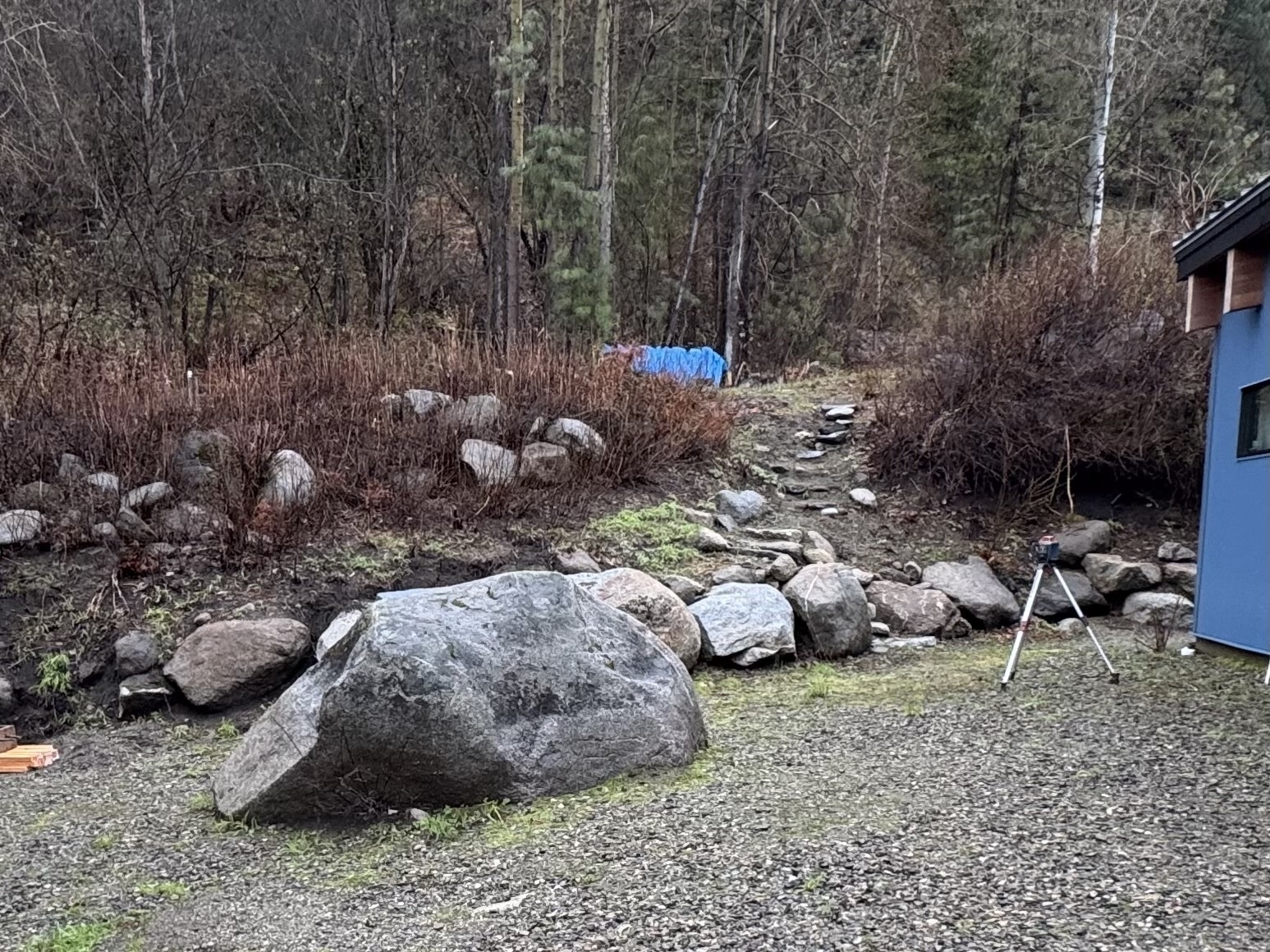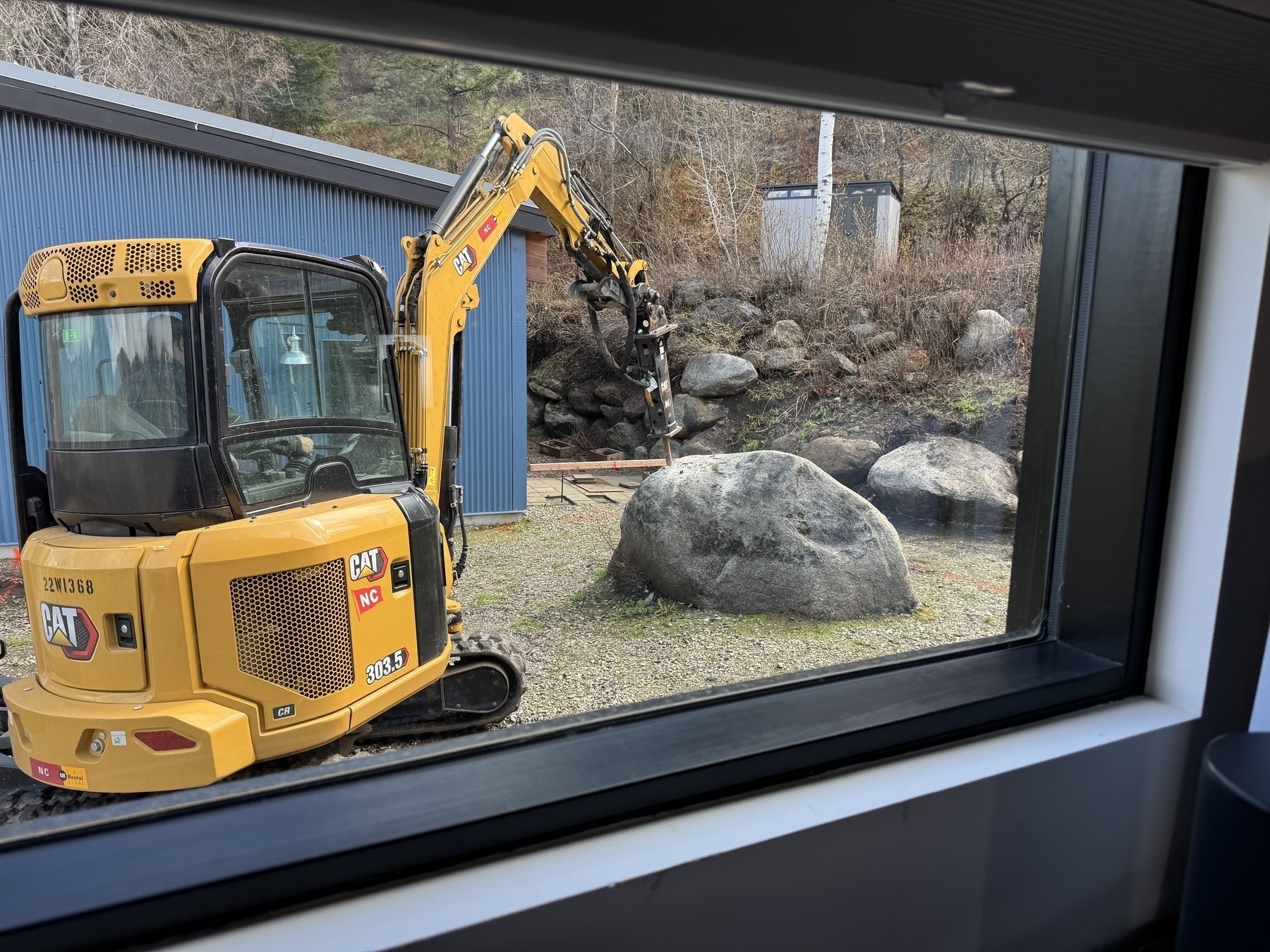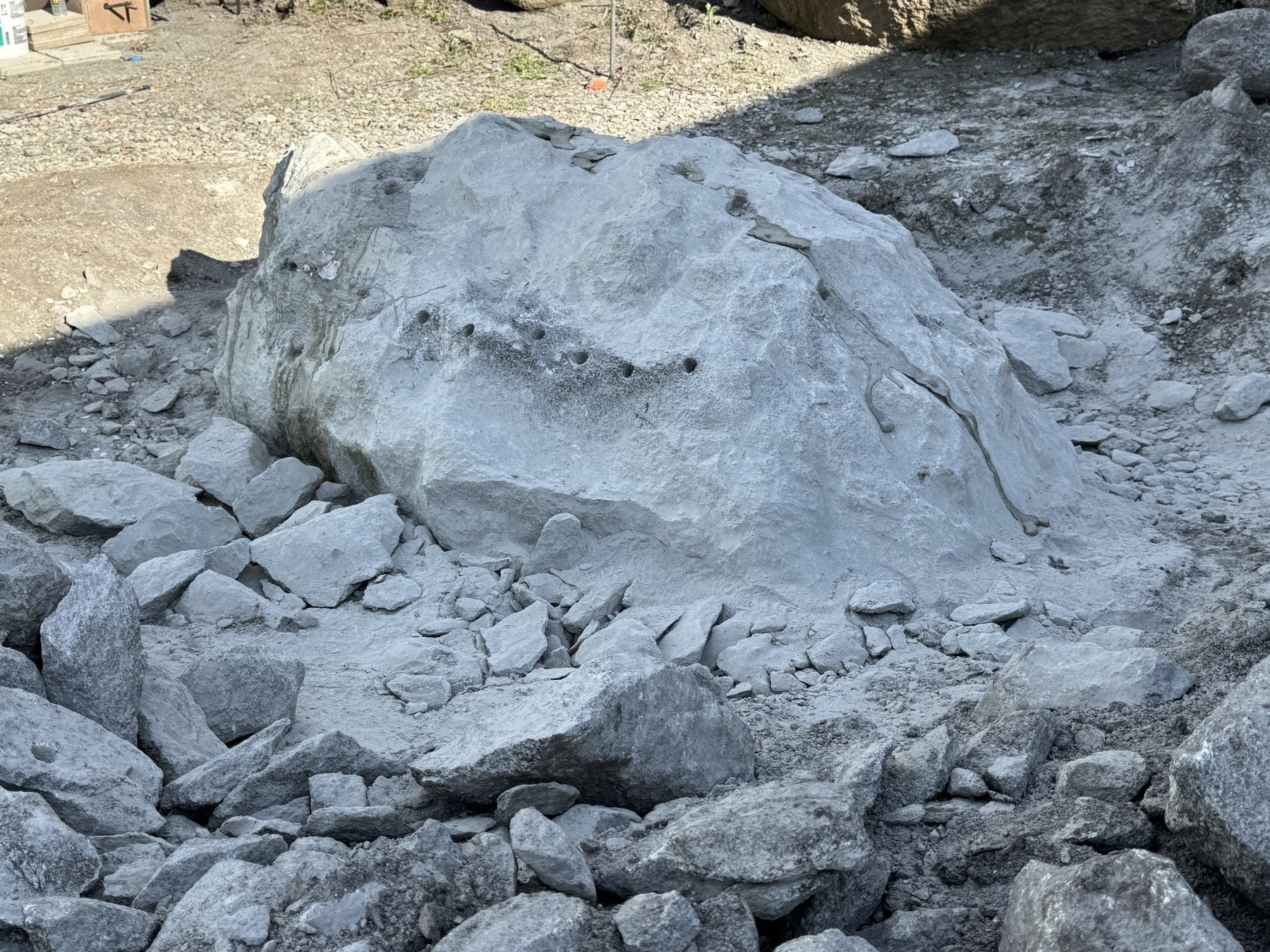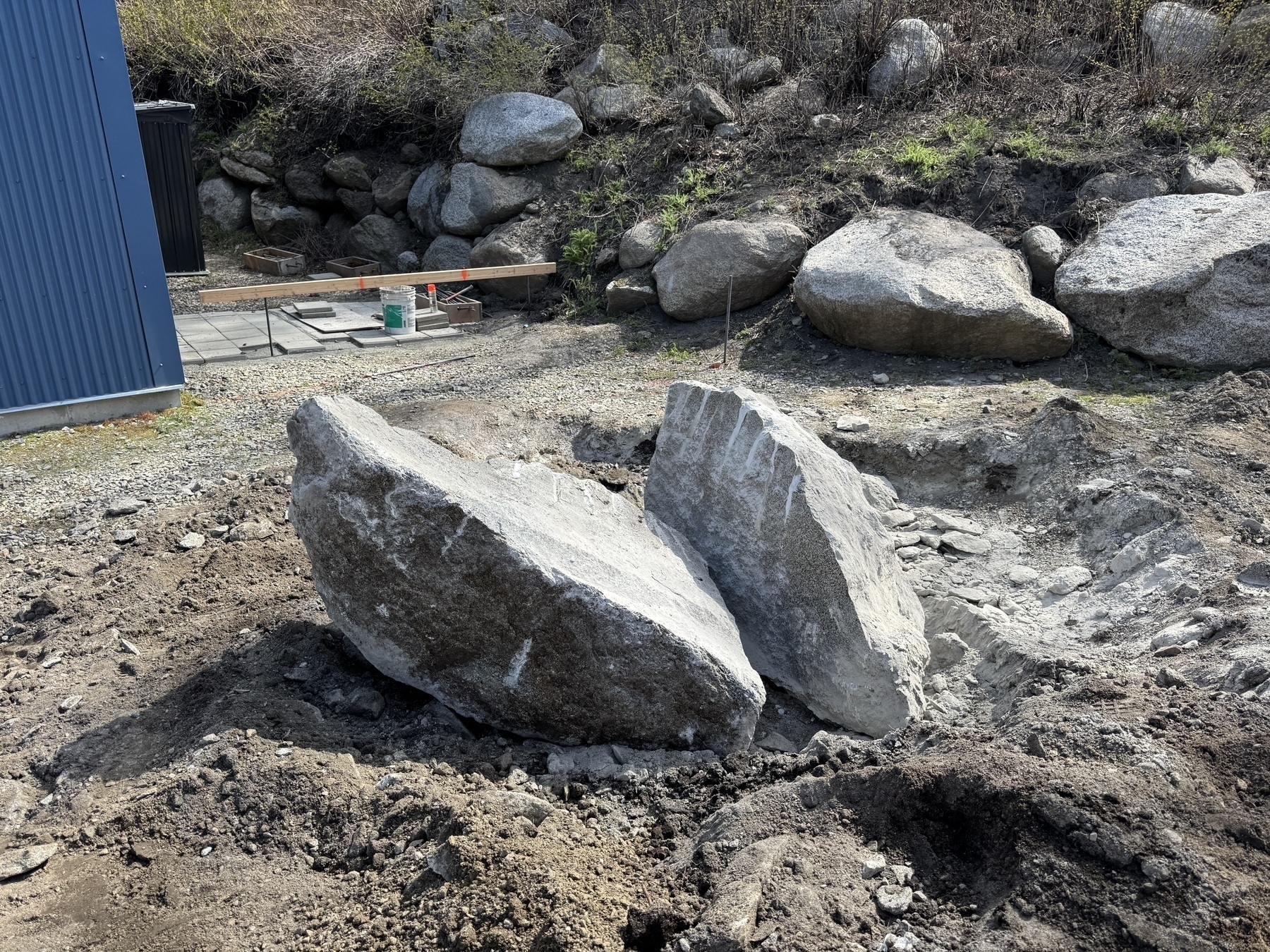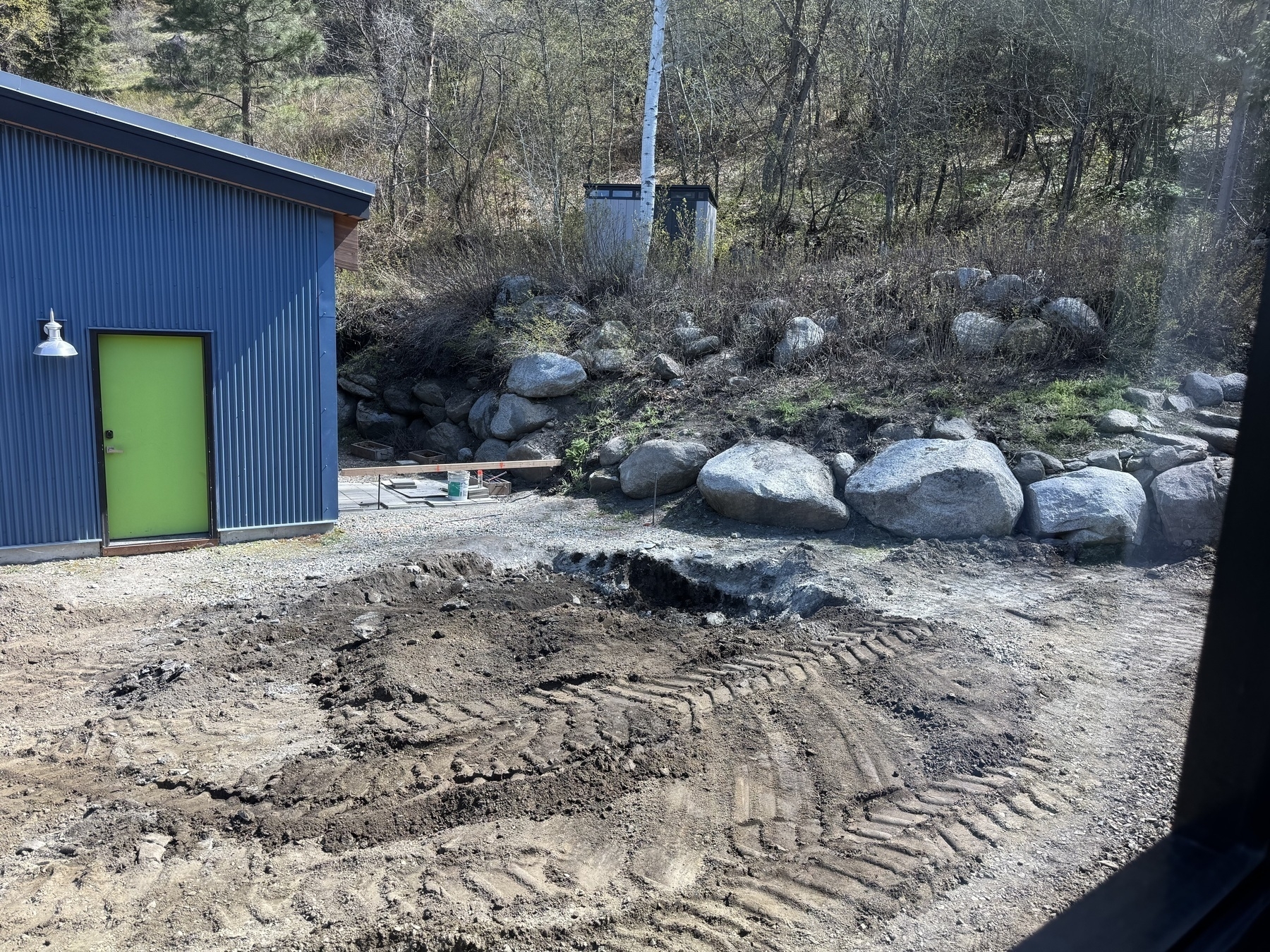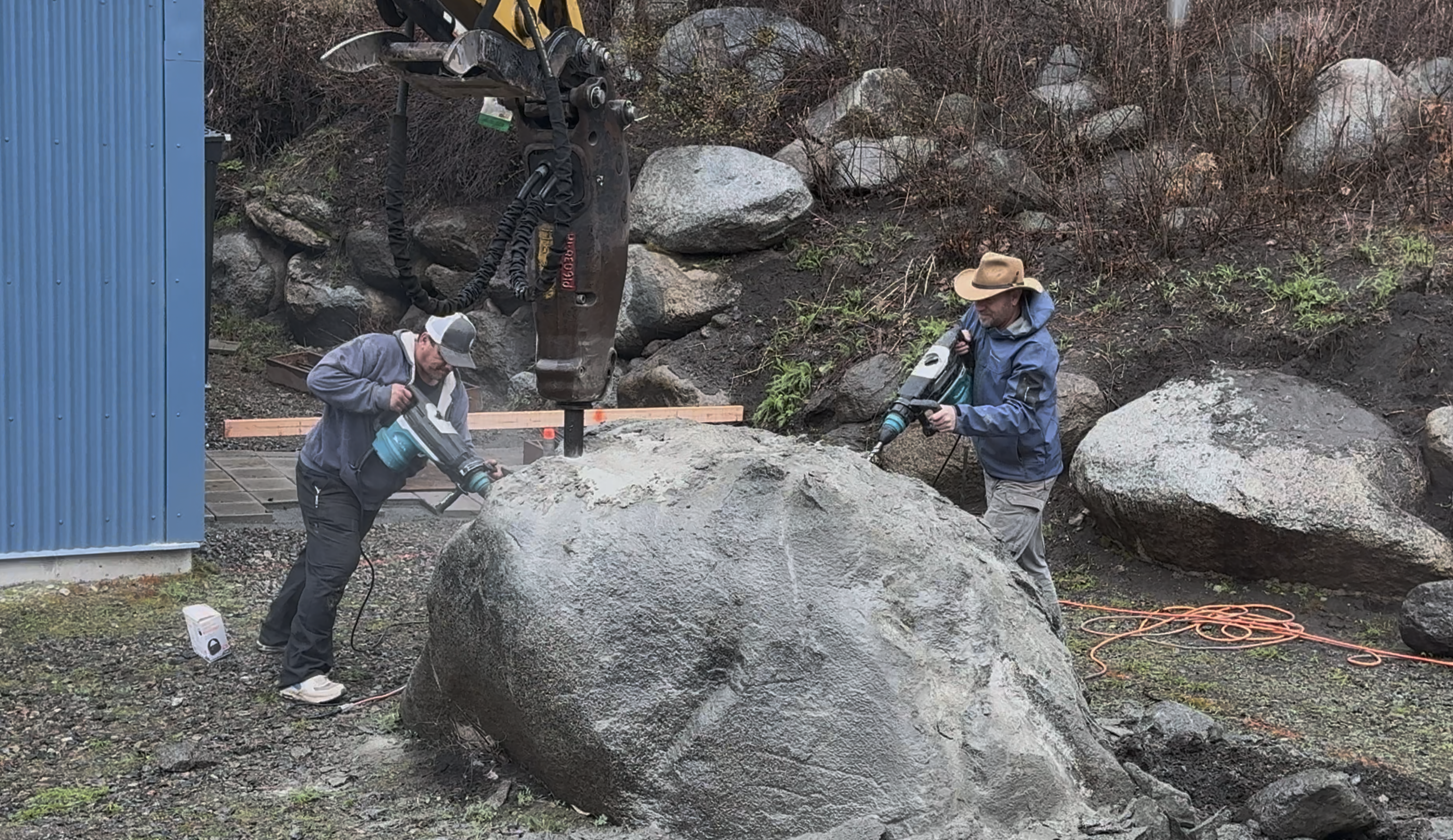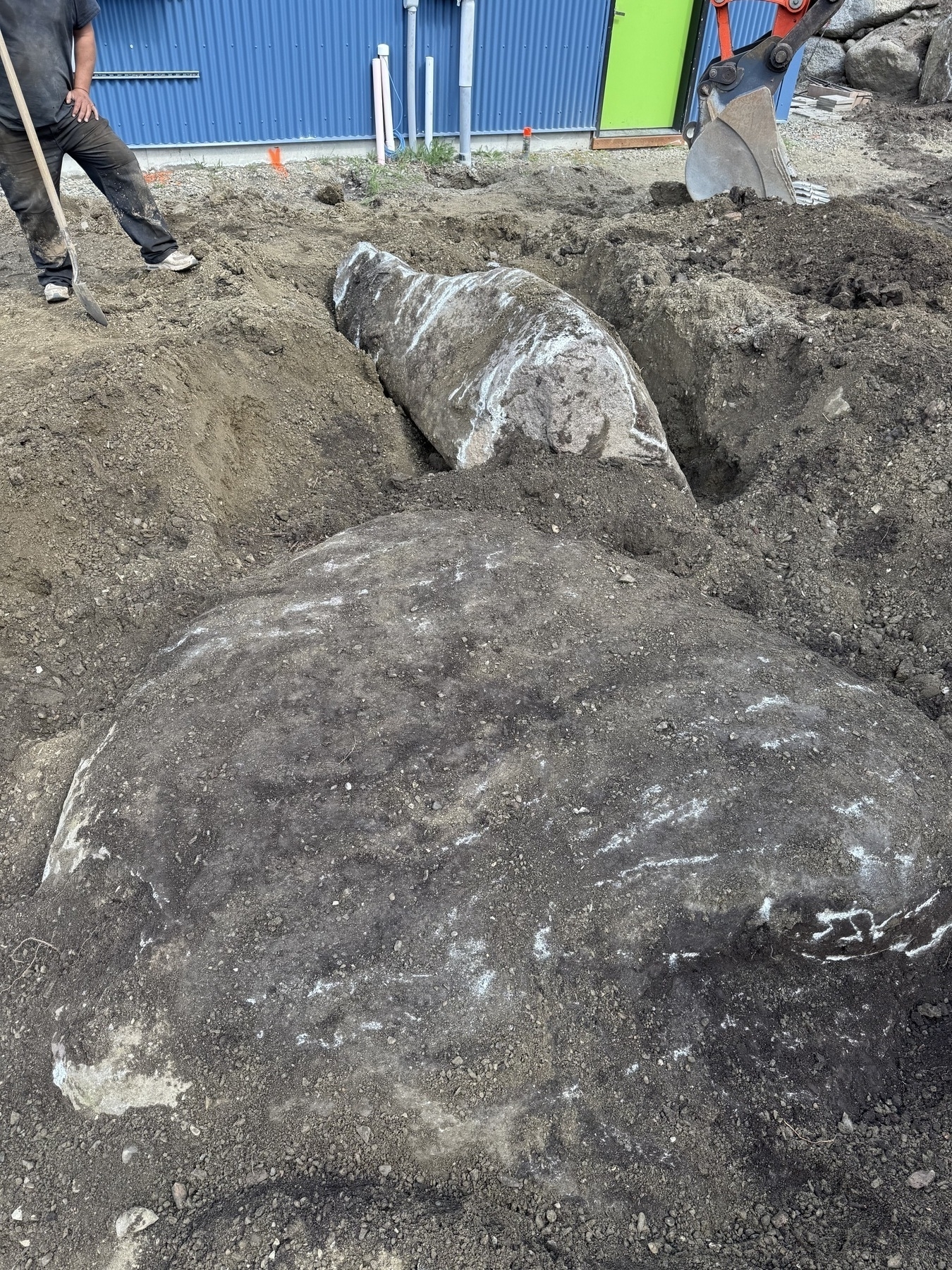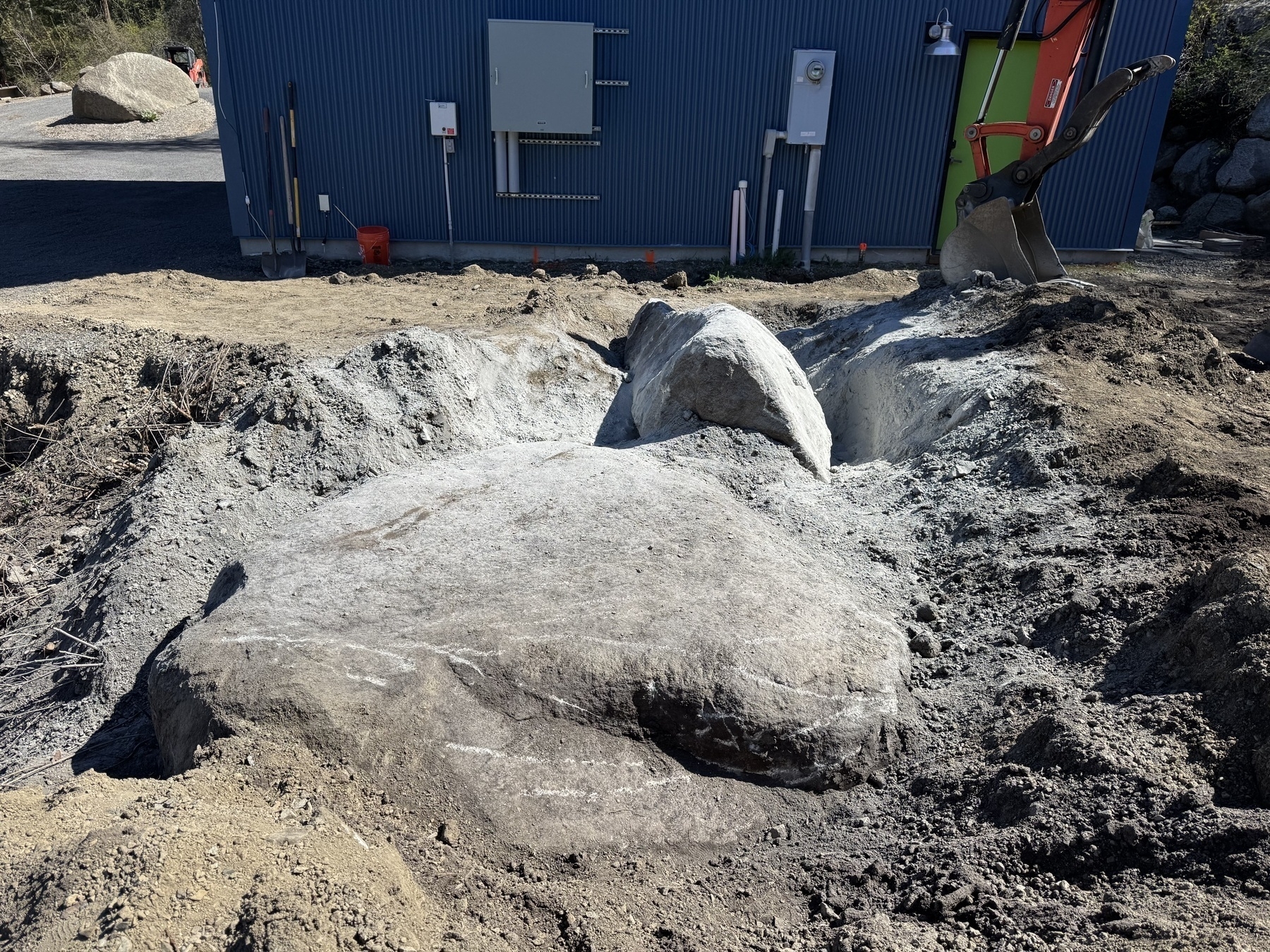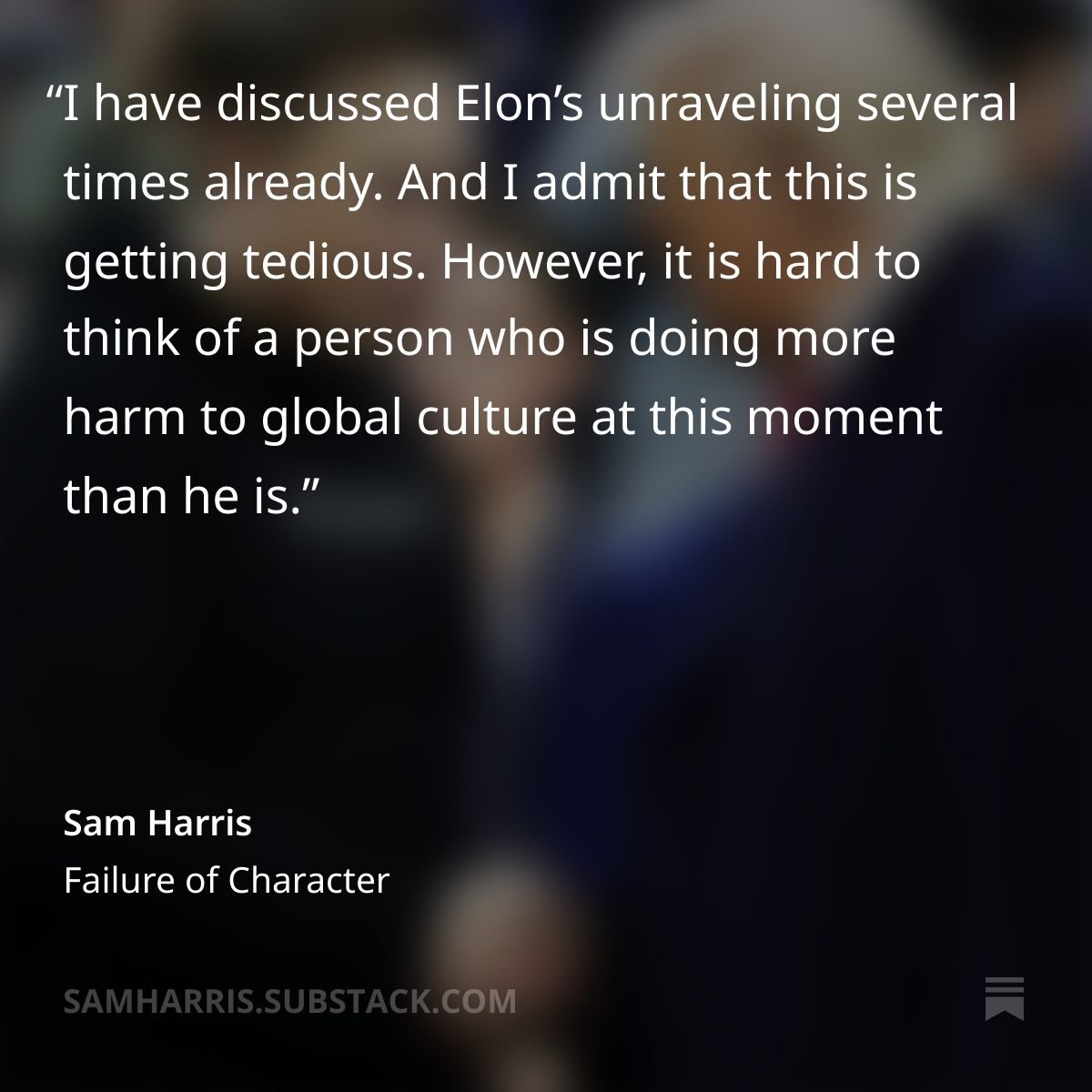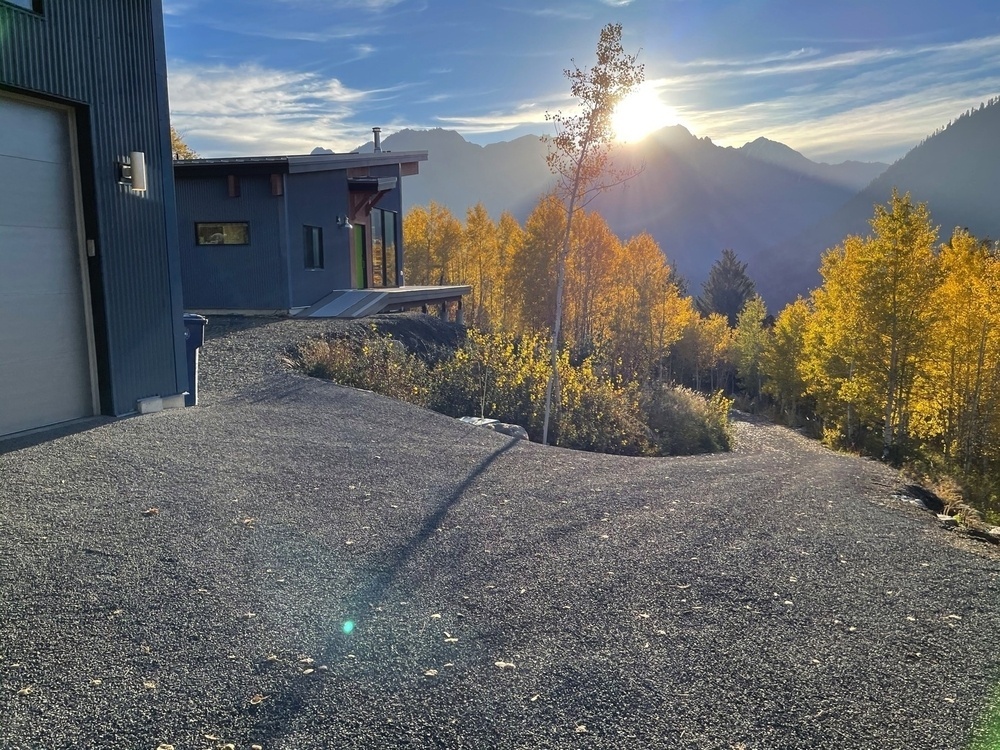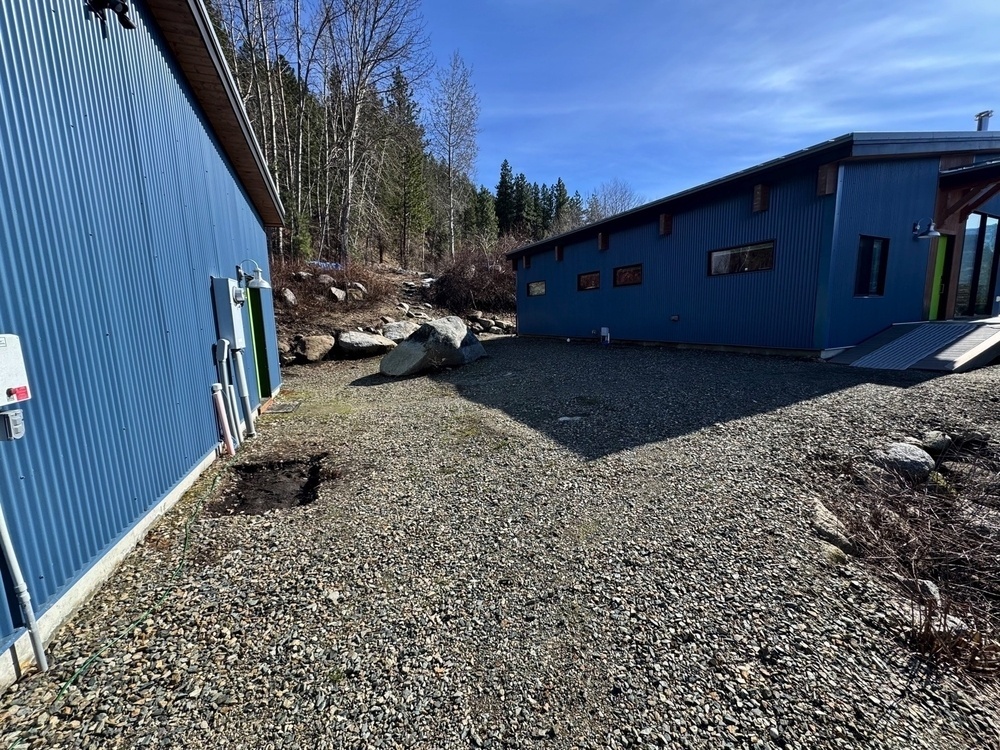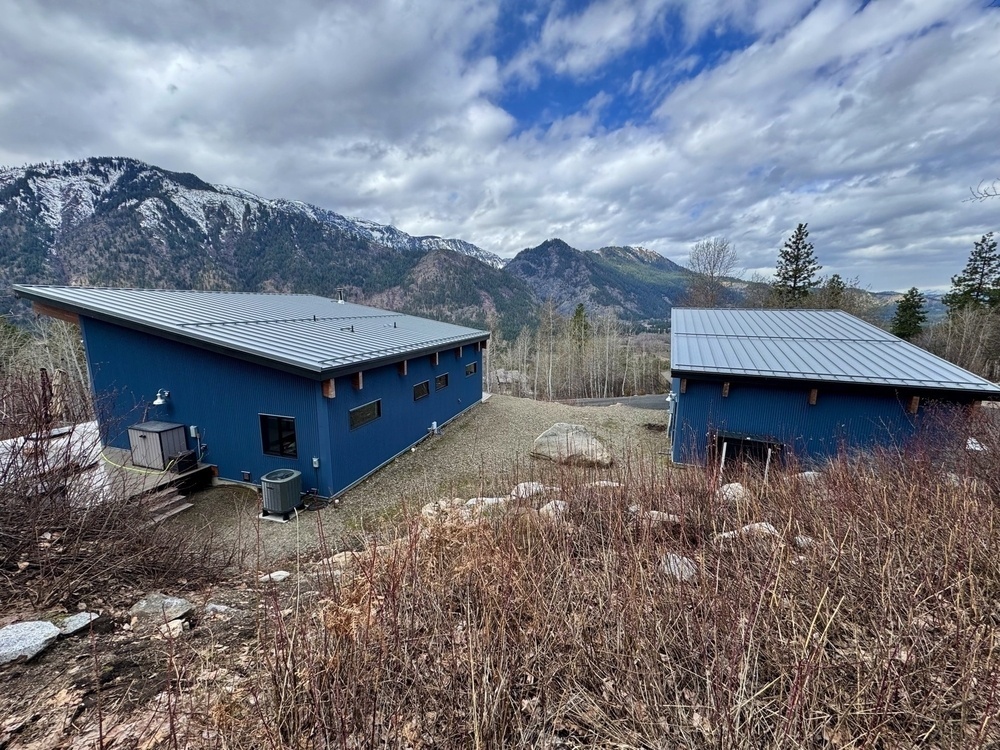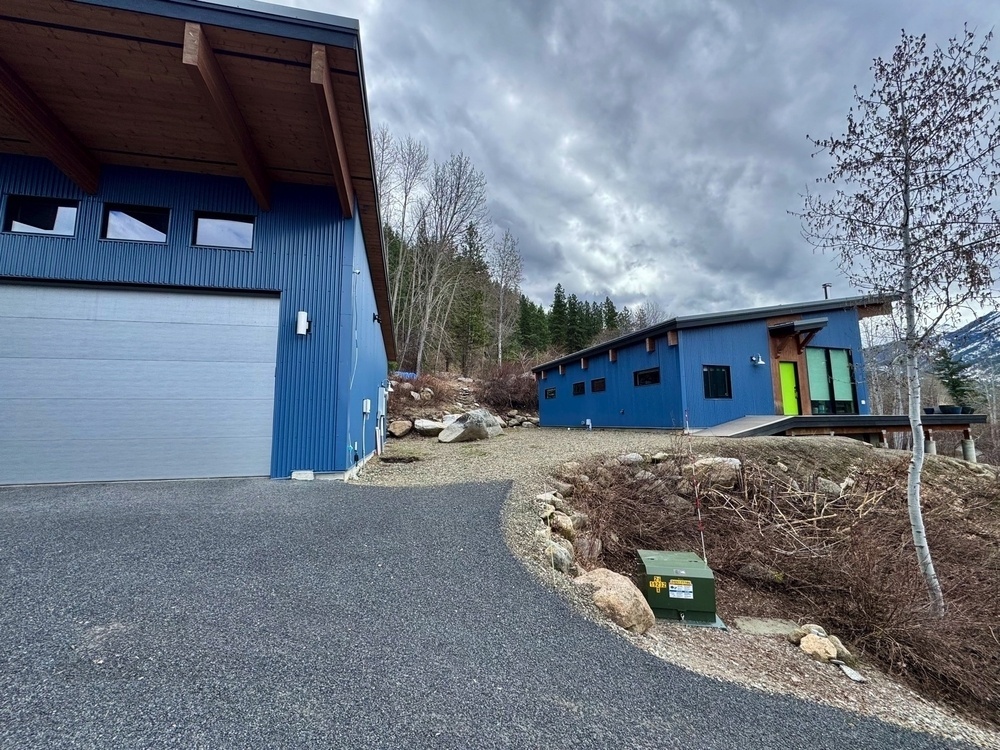We recently had to say goodbye to our 19-and-a-half-year-old cat, Sherlock leaving us pet-less for the first time in nearly a decade. Losing a pet is hard. Living without pets—after years of their steady company—is hard in a different way. Jena and I think we’ve found a way to cushion the blow a bit.
We’ve shared this with friends before and usually get a mix of side-eye and blank stares. Still, it works for us. The “hack” only makes sense if you already talk to your pets—and they talk back—on a daily basis. Not everyone does, but I suspect more people than admit to it do.
In our house, our pets have always had distinct voices. They talk to us and to each other. Back in 2016, when both of our dogs died within three months, the silence was crushing. We realized that so much of our conversation wasn’t just about the dogs but with them—our narration of their imagined inner lives. Over the years those voices grew into full personalities, part real, part invention, but very much woven into the fabric of our life.
When the house went quiet, we eventually stumbled onto an odd but comforting solution: we just kept talking to them. We invented a sort of afterlife—even though neither of us really believes in one—and continued the conversations. When we later adopted two cats, they simply joined in.
Now, even as the house feels empty again, the conversations continue. Is it the same as having a cat on your lap or tossing a ball for a dog? No. But it keeps the connection alive, and that’s something I’m grateful not to lose.

